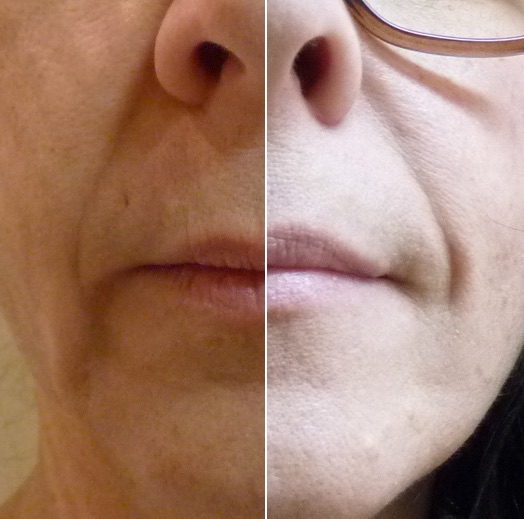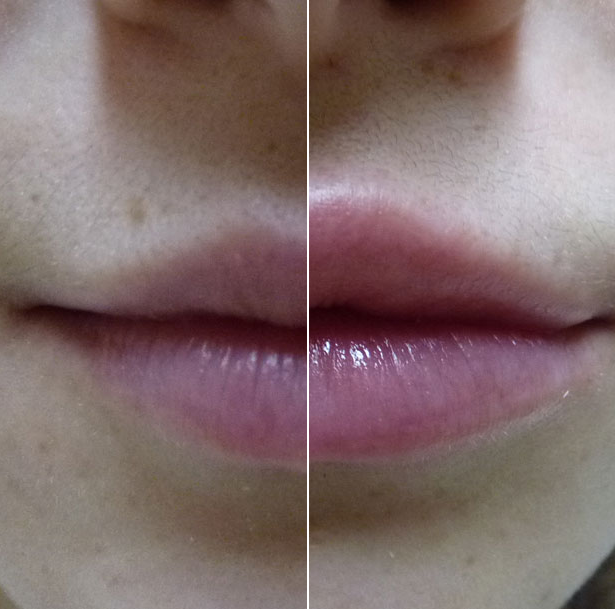What are the advantages?
Scar revision helps reduce the abnormal appearance of certain scars, without making them disappear completely.
Is it for me?
Before deciding to have a scar treated, think about your expectations. Sometimes, by its mere presence, the scar brings back, consciously or not, painful memories related to the circumstances surrounding its appearance, such as the death of a loved one during an accident in which you were involved. In this case, a scar revision will probably not alleviate the pain felt.
What techniques are used?
The quality of healing can be influenced by many phenomena specific to each individual including age, genetics, the moment when the scar is created, the tensions exerted on the scar, the thickness of the skin, an infection, a opening of the wound during the healing process, the reaction to certain types of stitches, the causes of the scar, the type of wound closure or the material used to close the wound.
Dre Duclos will tell you if an intervention is indicated in your case. Sometimes it is better to massage the scar, apply silicone, injection of corticosteroids , laser treatments or even combining surgery with radiotherapy. Several techniques can be used depending on how the situation evolves. It may happen that nothing can be done to improve the appearance of the scar.
What should I expect?
During the consultation, Dr. Duclos will inquire about your state of health and your expectations. She will ask you about the circumstances that caused the scar and the complications that could have arisen subsequently. It is important to inform them if you have other scars that appear abnormal or if members of your family tend to scar abnormally. She will examine not only the scar, but the area where it is located. She will tell you about possible options, risks and expected results.
If an intervention is necessary, Dr. Duclos will explain the risks inherent to the intervention, will inform you about its progress, generally under local anesthesia, and will give you pre and postoperative instructions.
The duration of the procedure depends on the size of the scar. You will then be under observation until your condition allows you to leave the clinic. Depending on the situation, it may be best to ask someone to drive you home.
When the local anesthesia wears off, you may experience some pain for which medication will be prescribed in case the acetaminophen is insufficient. Dr. Duclos may advise you to stop working or reduce your sporting activities for a while.
What are the risks?
Although scar revision is low risk, there may be infection, bleeding, or opening of the wound. In rare cases, it may happen that the scar is not improved by surgery and, in exceptional cases, it may be worse than before surgery.











